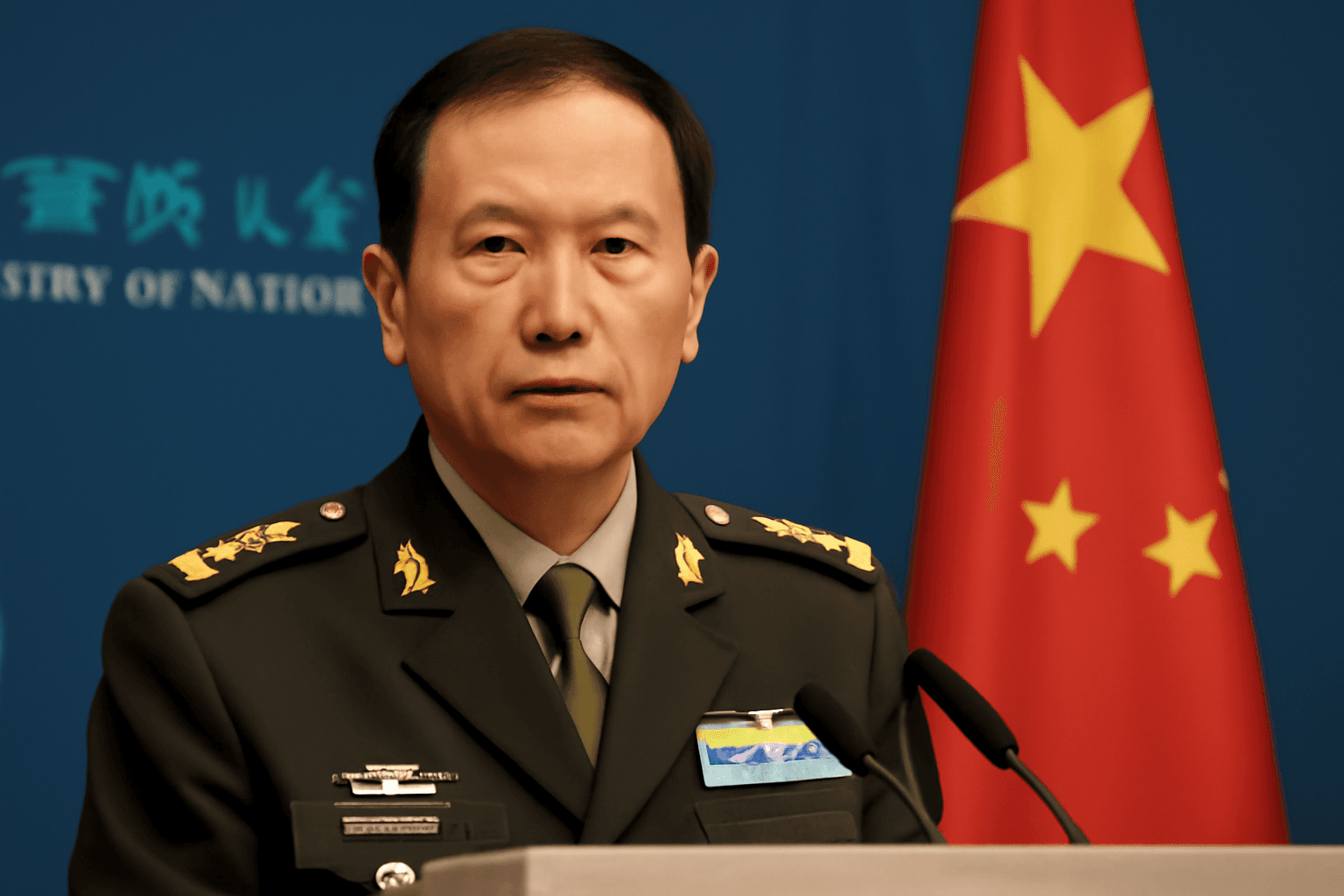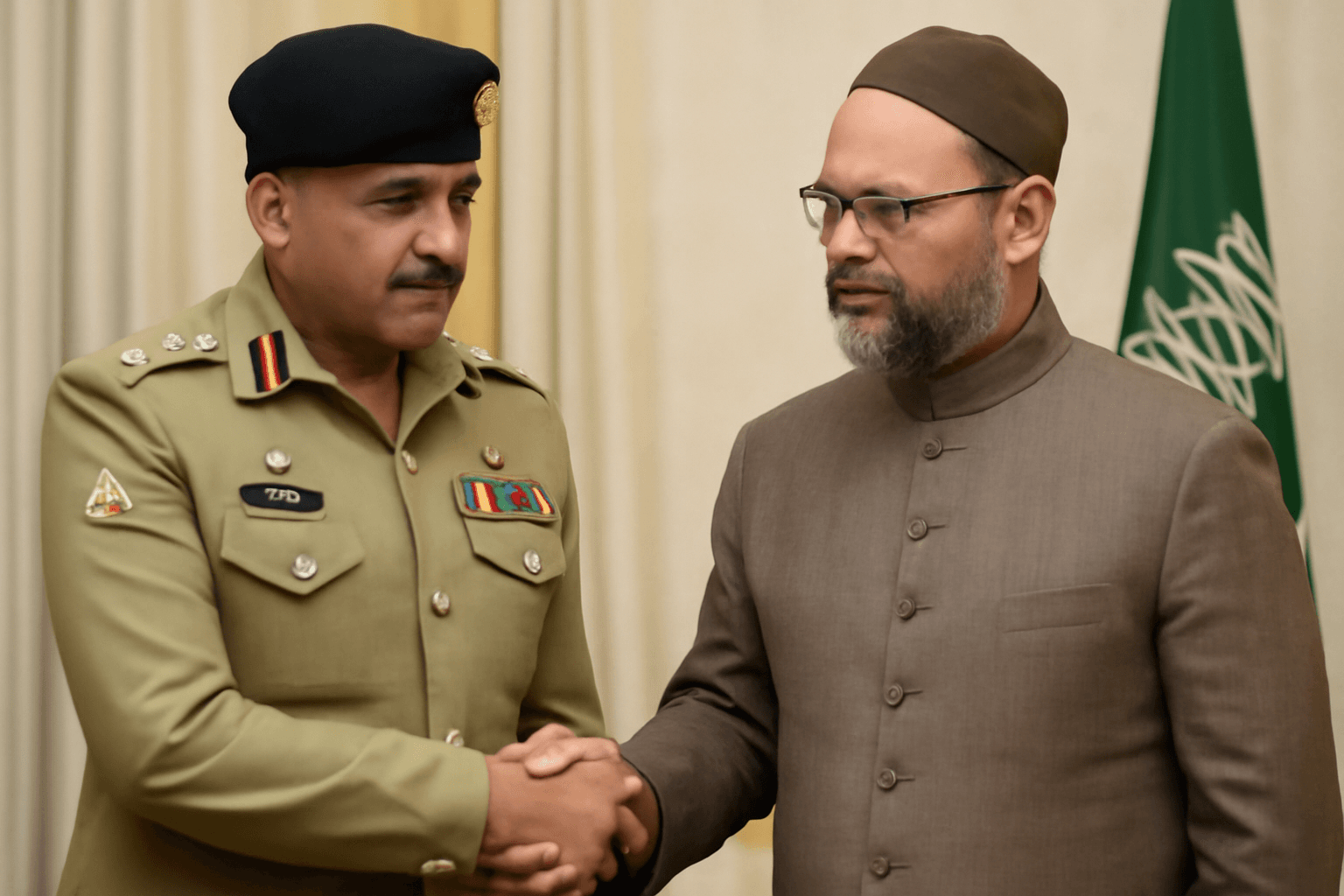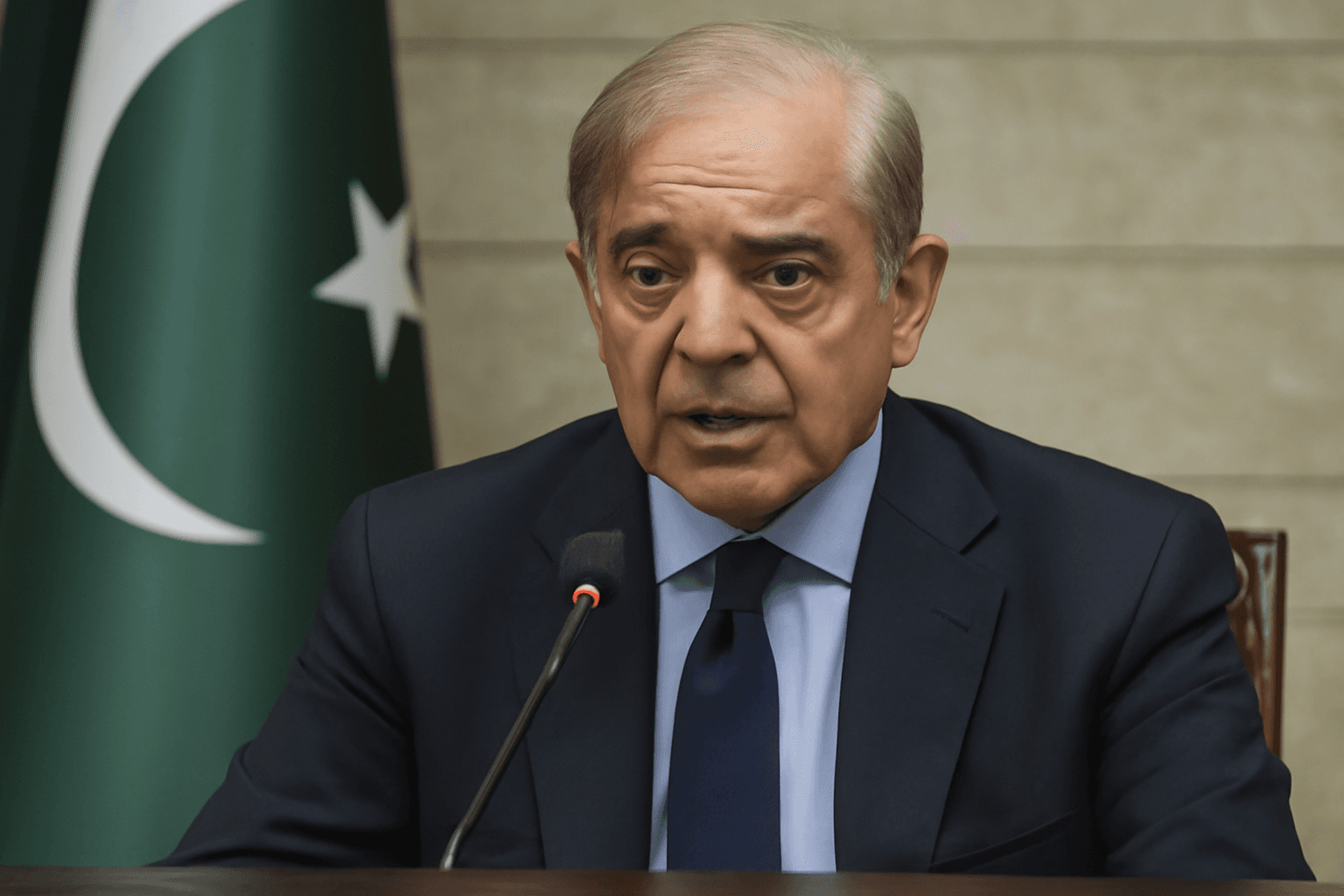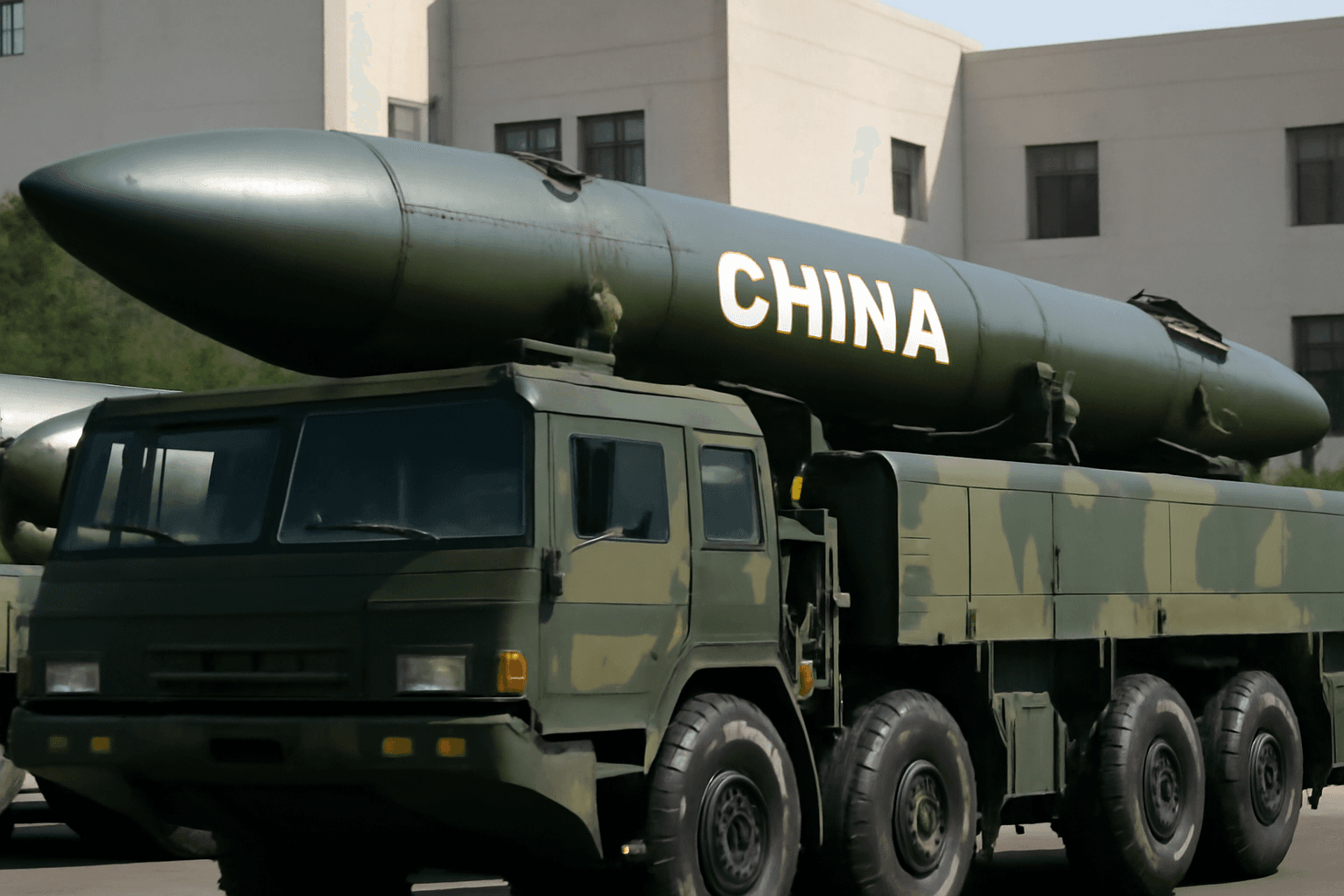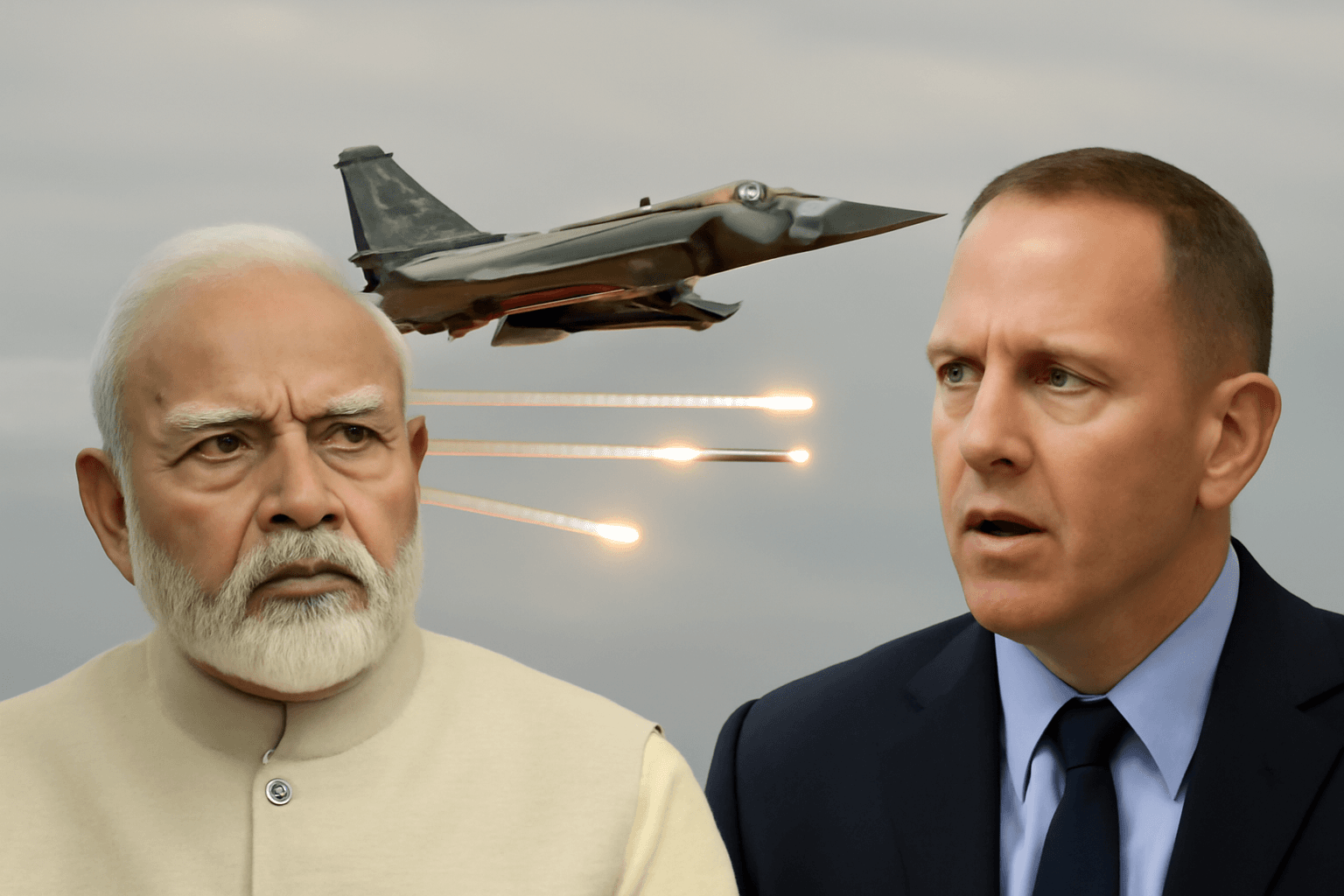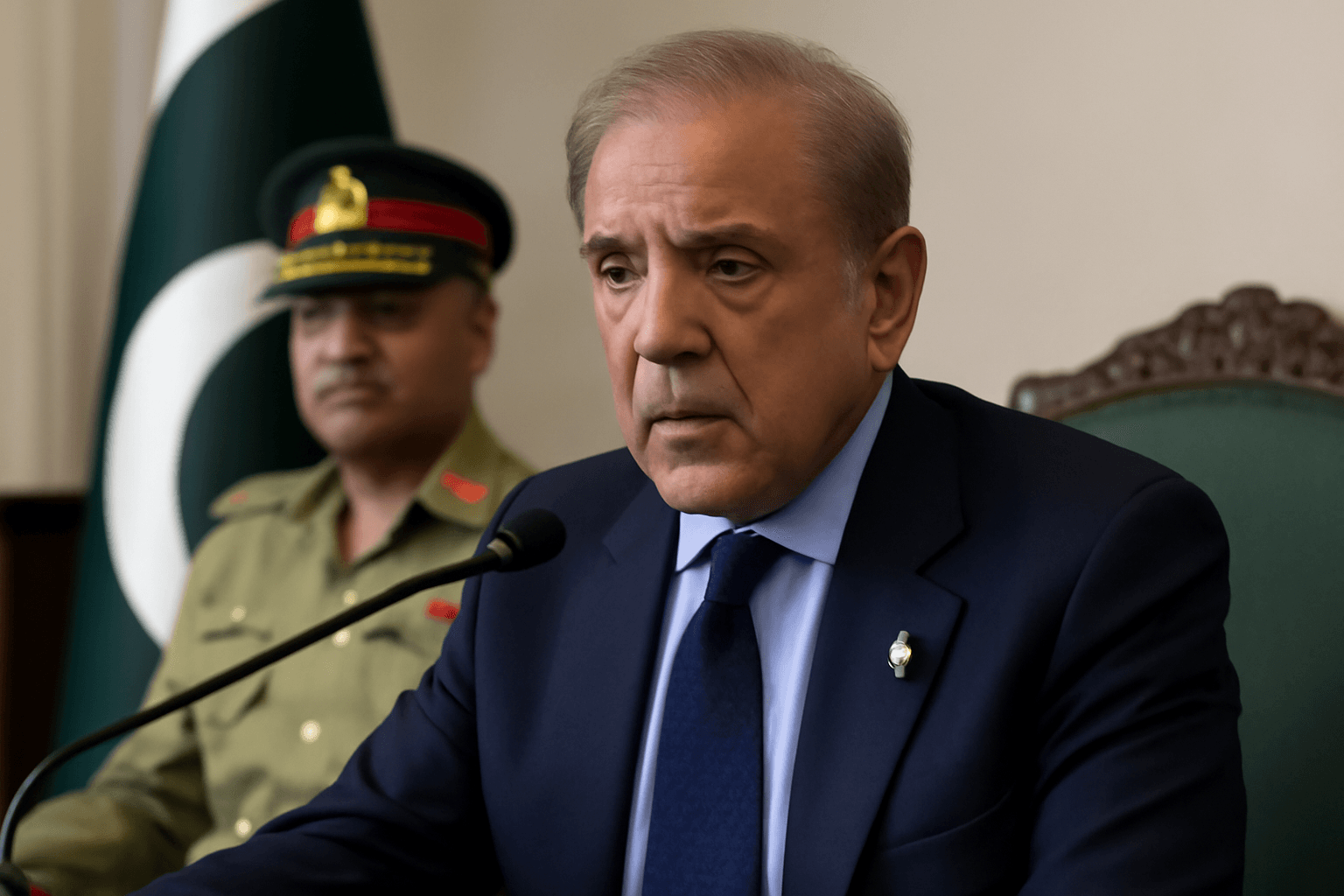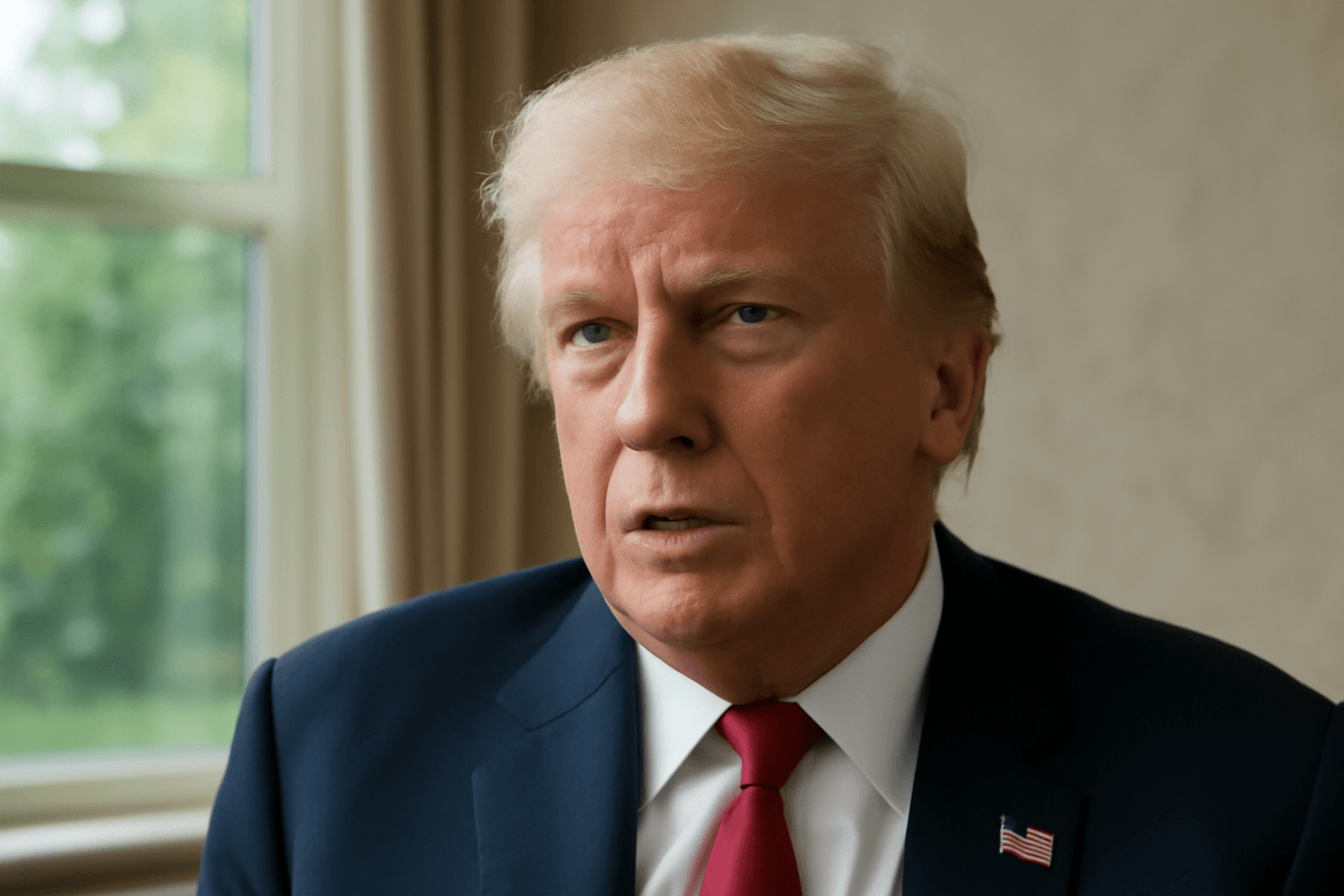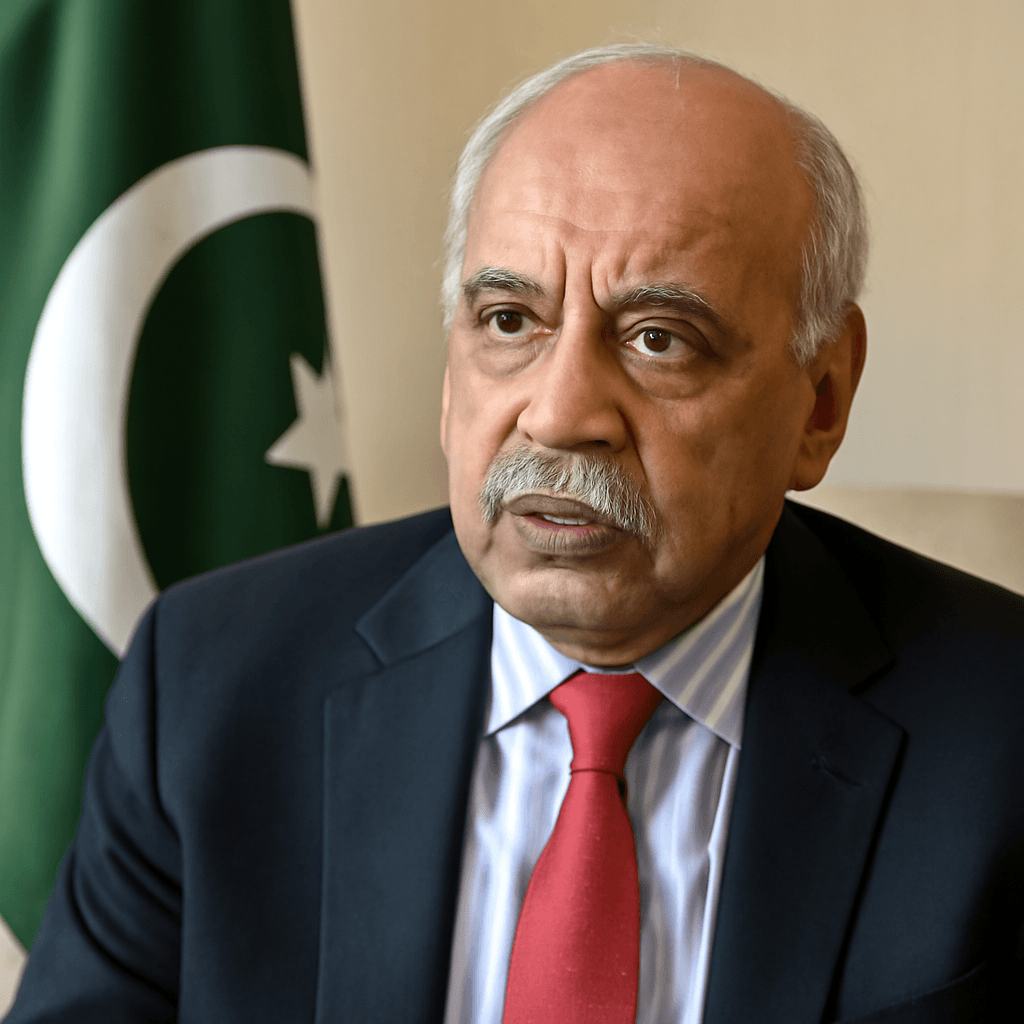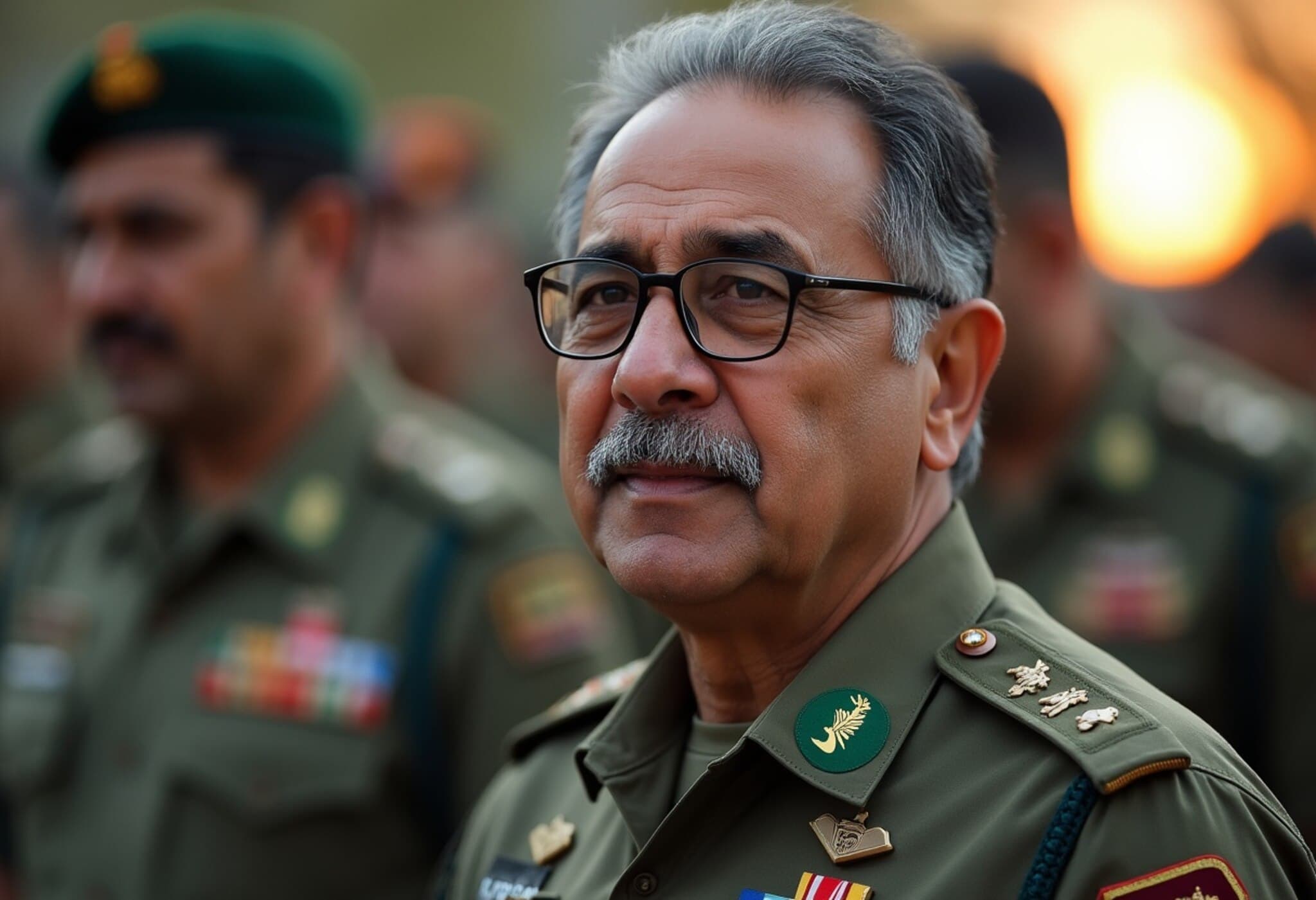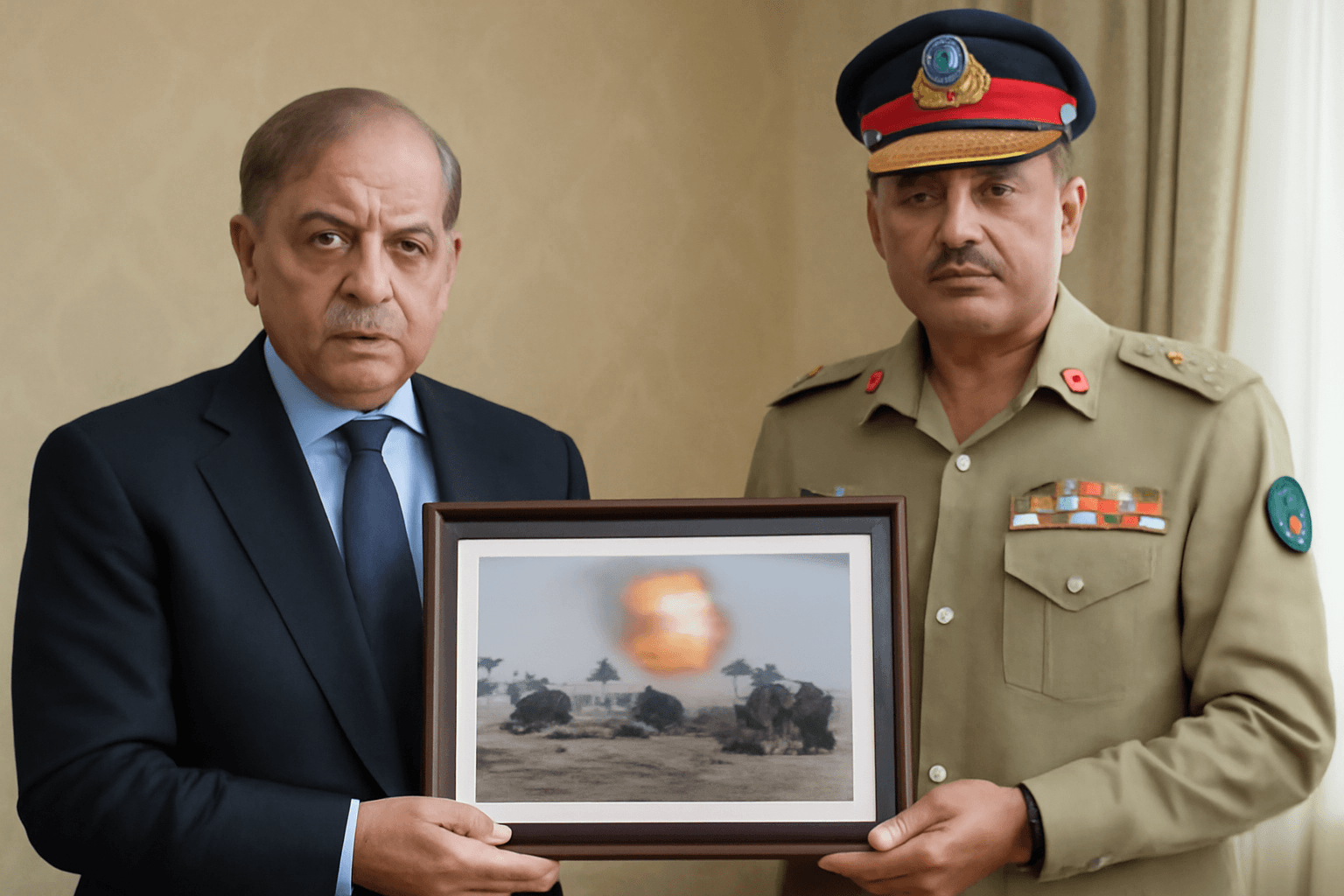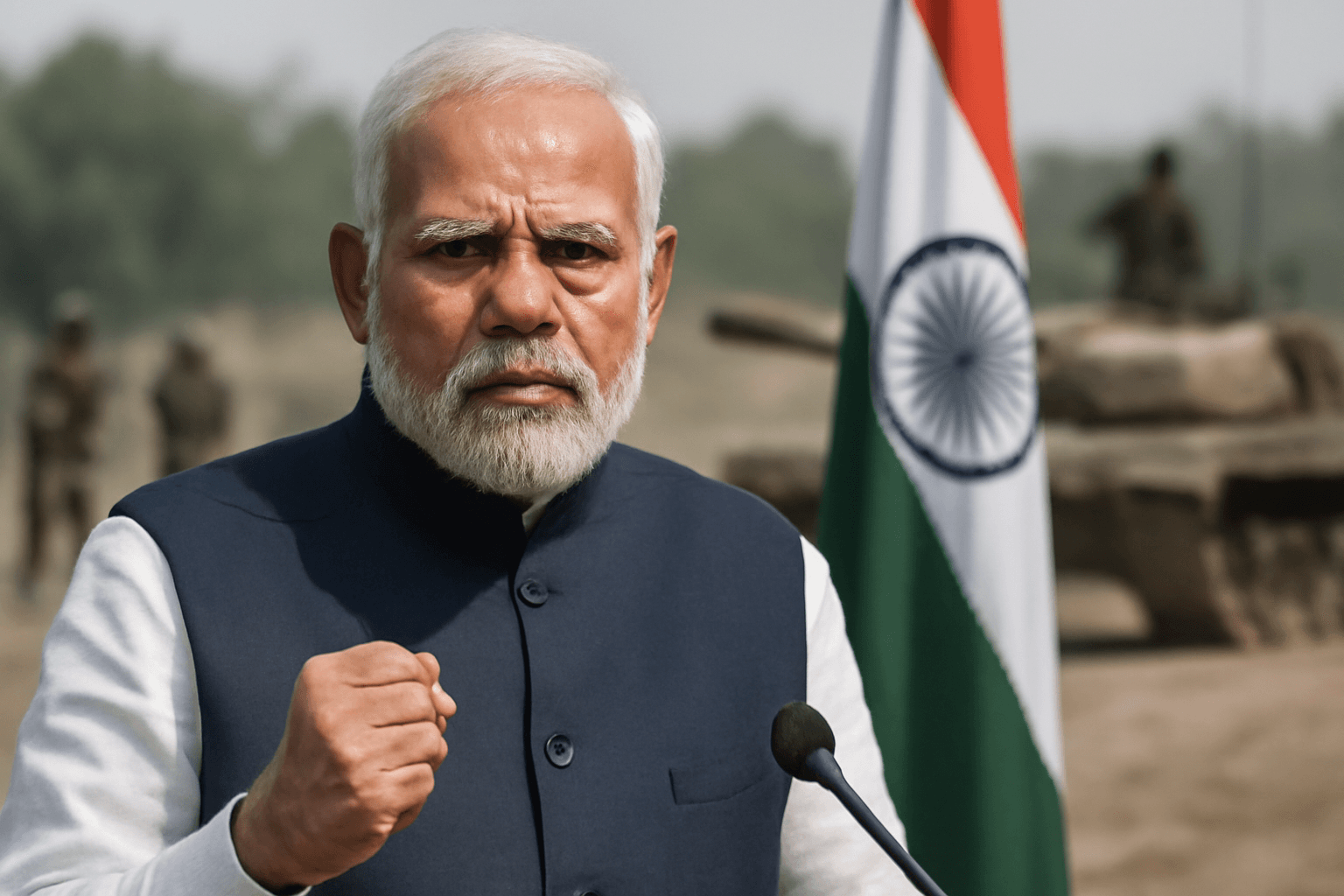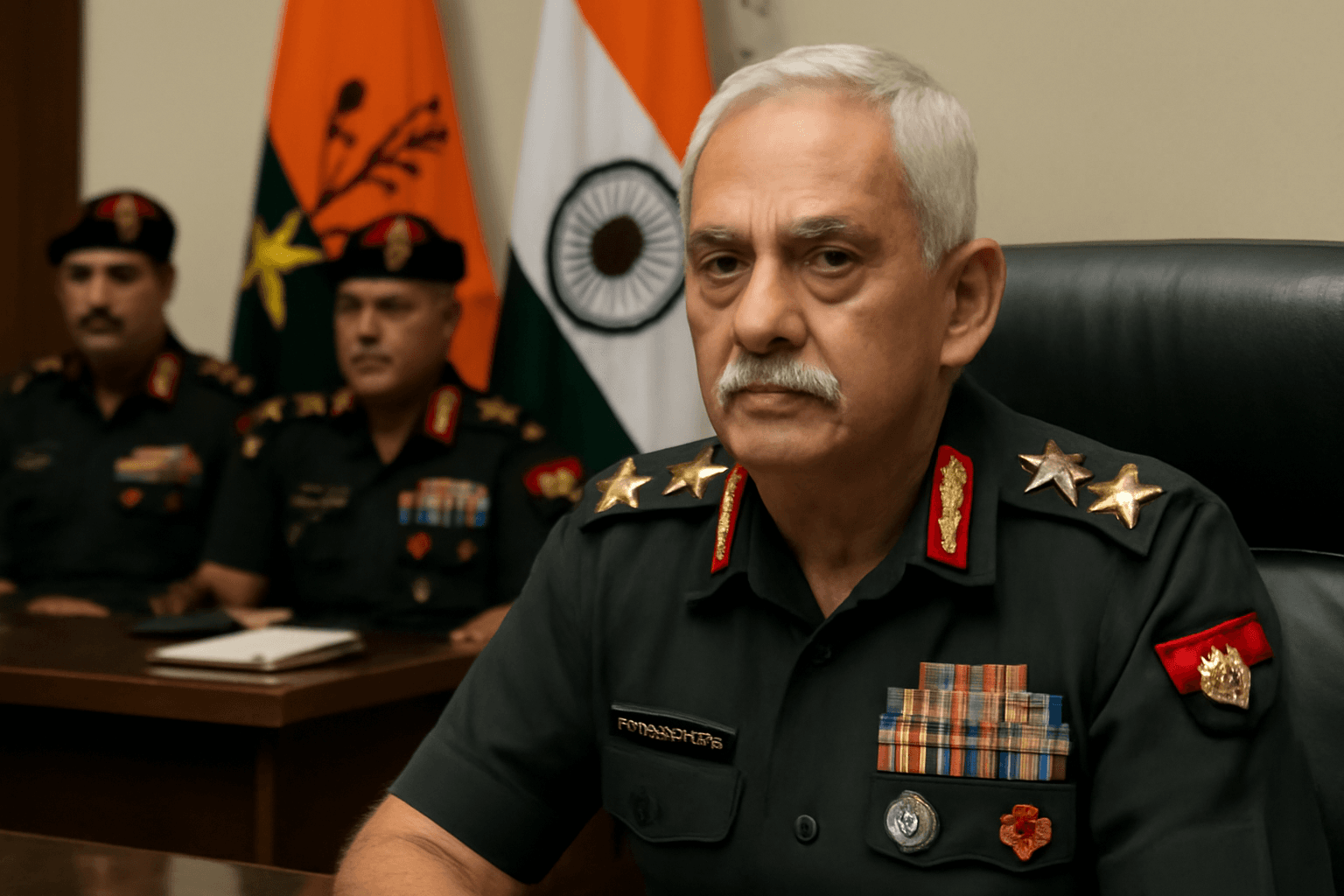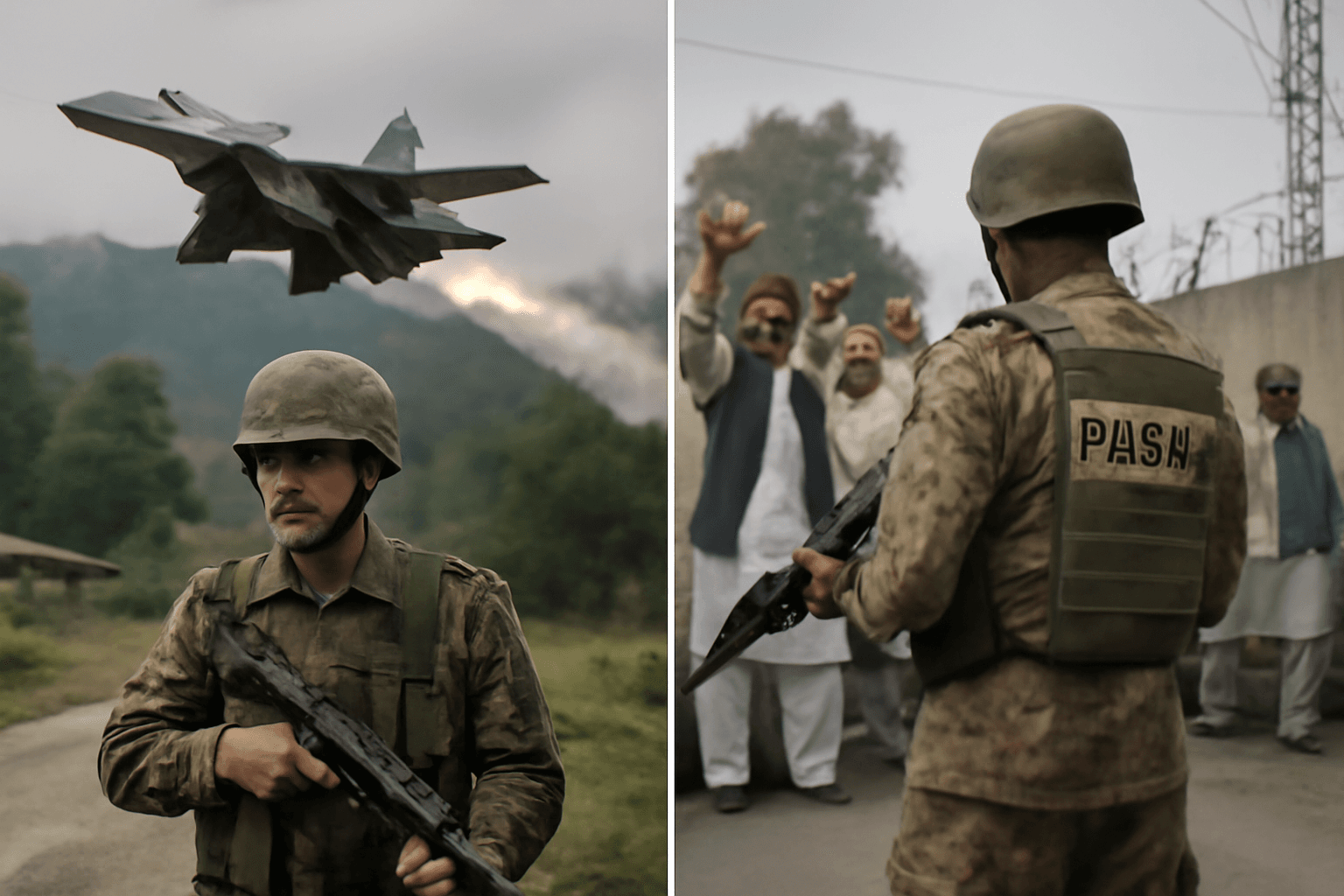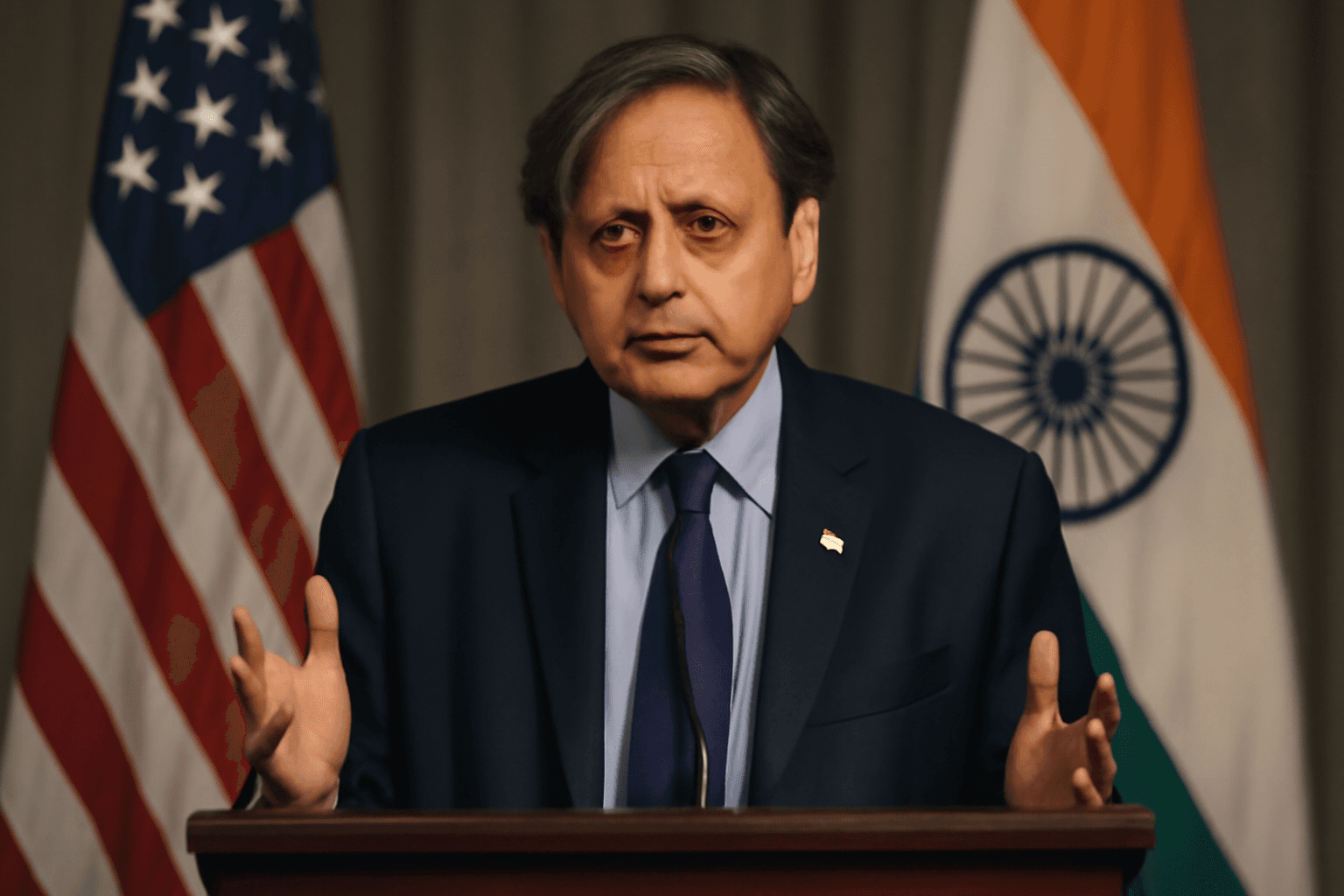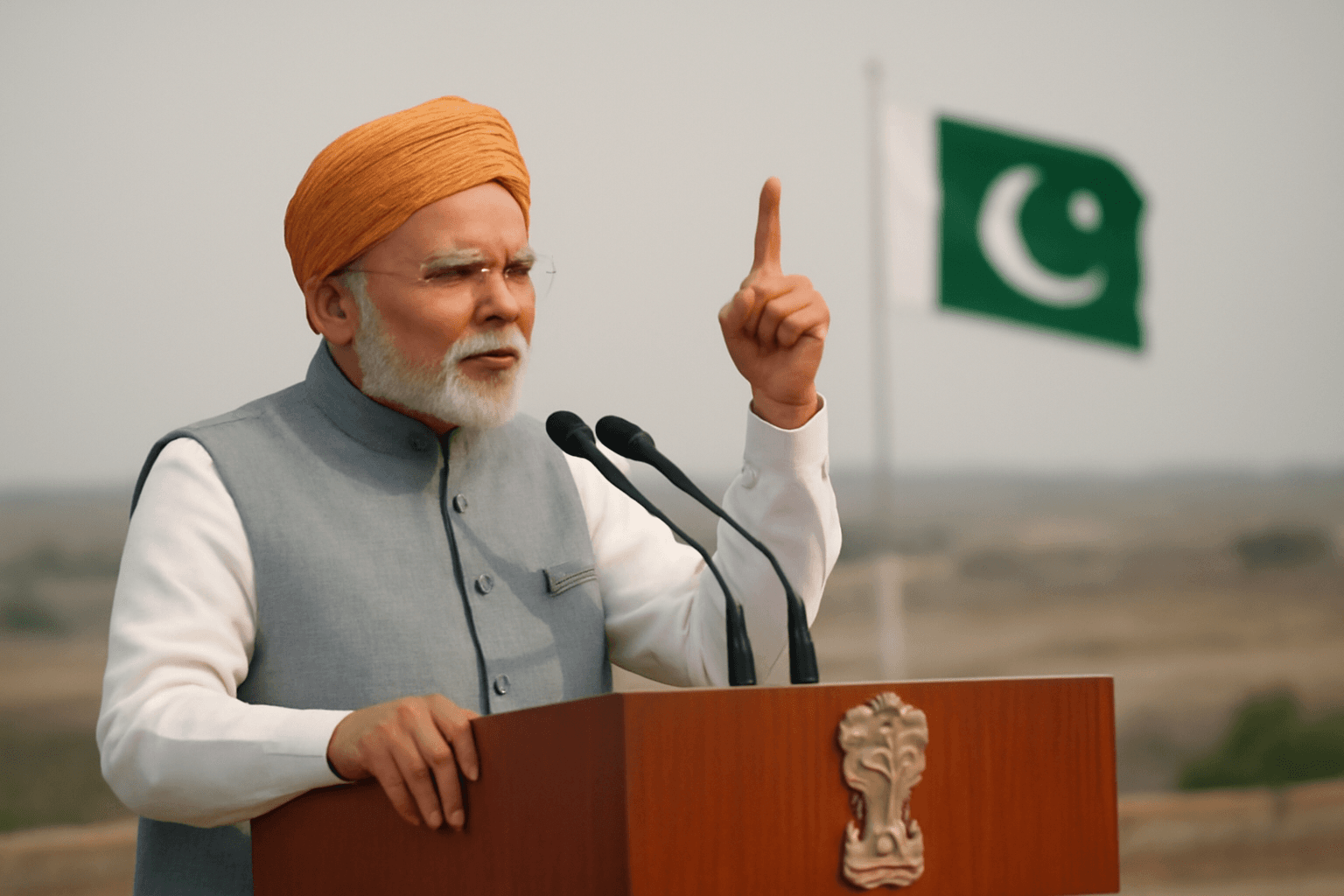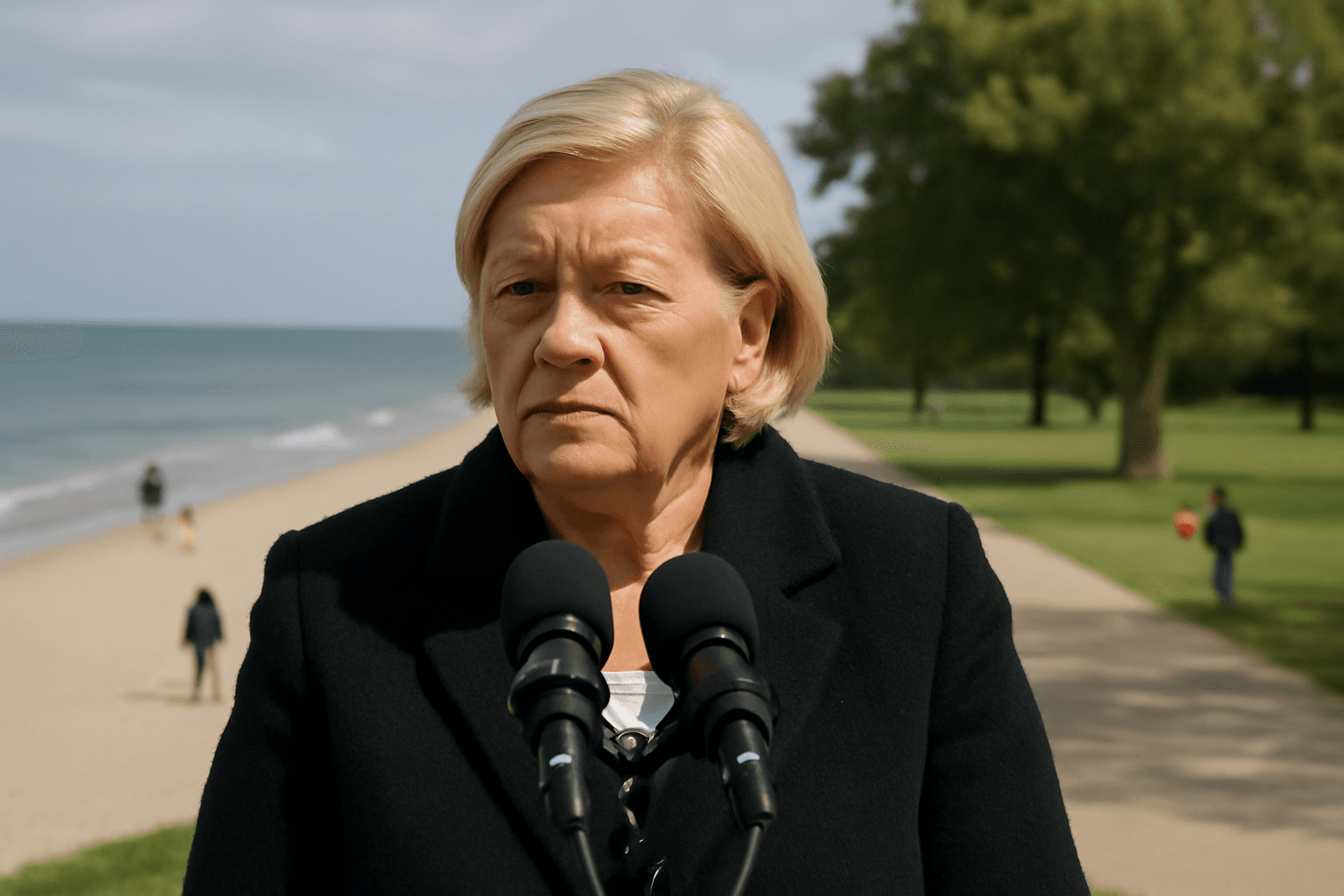Beijing, May 30, 2025: The Chinese military has refrained from commenting on the effectiveness of China-made weapons deployed by Pakistan during the recent conflict with India. During a press briefing, Senior Colonel Zhang Xiaogang, spokesperson for the Chinese Defence Ministry, dismissed questions regarding an unexploded PL-15E missile recovered by Indian forces. The PL-15E is a radar-guided, beyond-visual-range missile considered among China's most advanced export weaponry.
"The missile you mentioned is export equipment and has been exhibited at defense expositions domestically and internationally several times," Colonel Zhang stated in the ministry’s first media interaction following the May 7-10 skirmishes between India and Pakistan.
Addressing India's claims that China provided air defense and satellite support to Pakistan during the conflict, as well as allegations that Chinese weapon systems underperformed, Colonel Zhang emphasized the proximity and unchangeable nature of India and Pakistan's neighboring relationship, avoiding direct answers to these assertions.
According to a recent report by the Stockholm International Peace Research Institute (SIPRI), China has solidified its position as the largest arms supplier to Pakistan, accounting for 81% of Pakistan's arms imports between 2020 and 2024. These acquisitions encompass advanced jet fighters, radars, naval vessels, submarines, and missile systems. Notably, China and Pakistan jointly manufacture the J-17 fighter aircraft, which constitutes the backbone of the Pakistan Air Force.
The heightened attention toward Chinese weaponry stems from the significant deployment of these systems by Pakistan during the military exchanges prompted by the April 22, 2025 Pahalgam terror attack that killed 26 civilians. India responded with precision strikes targeting terror infrastructure in Pakistan and Pakistan-occupied Kashmir on May 7, known as Operation Sindoor. Pakistan launched counterattacks on Indian military bases on May 8, 9, and 10, to which India responded robustly.
The Chinese state media has maintained considerable interest in the conflict dynamics, reflecting the strategic defence and diplomatic ties underpinning the China-Pakistan alliance. However, official Chinese channels remain circumspect about weapon performance and support claims amid the ongoing regional tensions.

